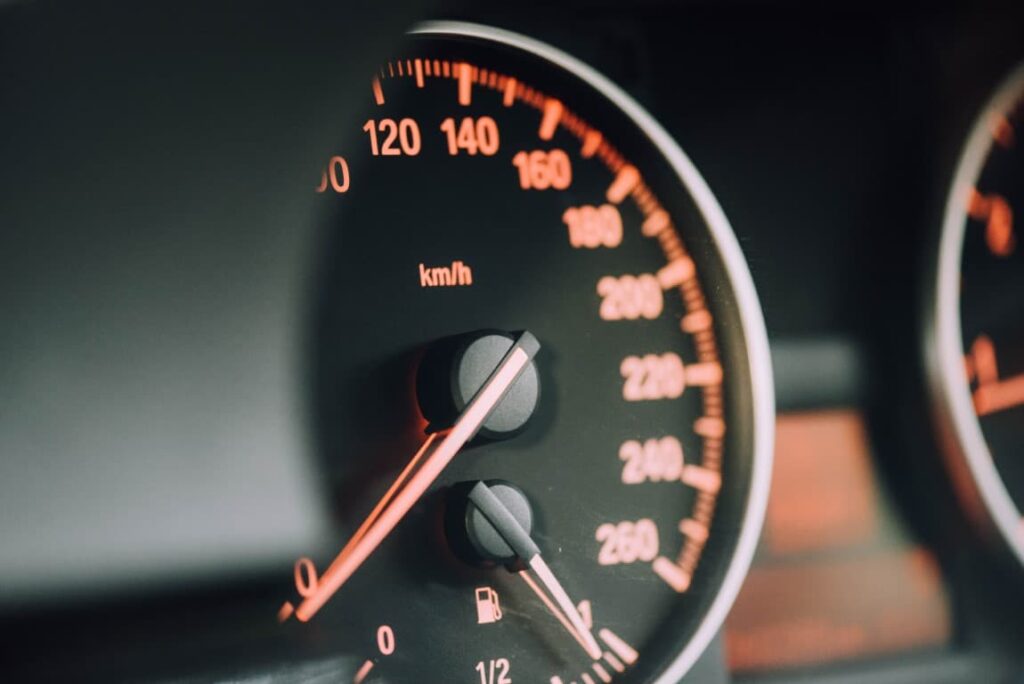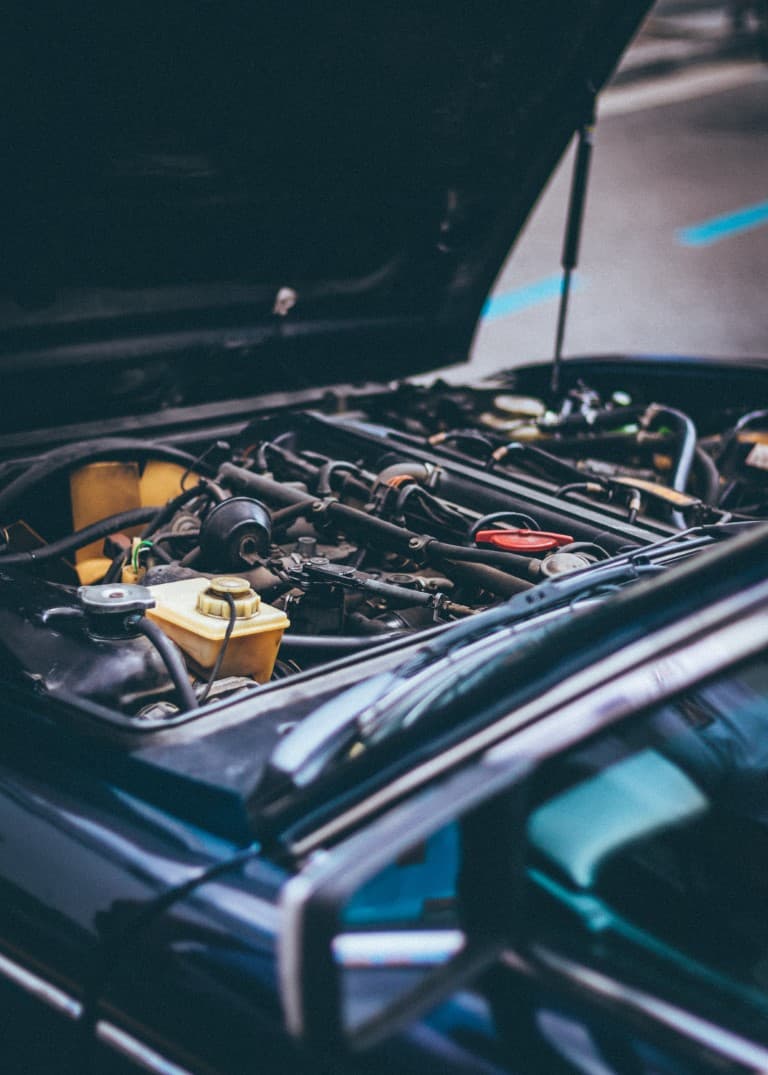Table of Contents
- Introduction
- What is coolant, and what does it do in your car?
- Overheating & Overflow coolant and why it’s bad
- Causes: Coolant Leaks, Faulty Thermostat
- Warning Signs: Temperature Gauge, Smell of Antifreeze
- Fixes for coolant issues in your car
- Prevention: Regular Maintenance Checks
- Conclusion
Home » Car’s coolant might be overheating and overflowing.
Introduction
If your car’s coolant is overheating and overflowing, it can be a frustrating and potentially dangerous problem (potentially). We look at the potential causes of coolant overheating and overflowing and how to diagnose and fix the issue. Whether you are a seasoned mechanic or a novice car owner, we will provide detailed explanations and tips to help you get your car back on the road safely and efficiently.
By the end of this article, you will have a better understanding of your car’s cooling system and the steps you can take to troubleshoot and resolve any issues that may arise. And just in case you need more info, we have a bunch of questions regarding this issue. It isn’t the end of the world, but it is something that you can fix before it becomes a huge issue.
What is coolant, and what does it do in your car?
Coolant, also known as antifreeze, is a liquid used to regulate an engine’s temperature. In a car, the coolant circulates through the engine and absorbs heat, which it then dissipates through the radiator. This helps to keep the engine at a consistent, optimal temperature, which is necessary for proper engine operation.
Several types of coolants are designed to work in specific temperature ranges. Some coolants are designed to work best in cold temperatures, while others are designed to work best in hot temperatures. The type of coolant used in a car is typically determined by the manufacturer and is specific to the make and model of the vehicle.
In addition to regulating the engine temperature, coolant also helps to prevent corrosion and erosion of the engine and other components. It does this by containing additives that inhibit the formation of rust and other corrosive materials.
Overall, coolant is an essential component of a car’s cooling system and plays a vital role in keeping the engine running smoothly and efficiently.
Overheating & Overflow coolant and why it’s bad
An overheated coolant system can cause serious damage to your engine, leading to costly repairs. The most common causes of an overheating engine are a radiator cap that is stuck or malfunctioning, a low level of antifreeze in the cooling system, or a failing water pump.
When the coolant gets too hot, it expands and builds up pressure in the cooling system, which can result in an overflow of fluid. If you notice any bubbling at the radiator cap when the engine is running or coolant leaks onto the ground from underneath your car, check it out as soon as possible.
Otherwise, this can lead to further damage, such as warped cylinder heads or even blown head gaskets, requiring more expensive repairs. You don’t want to put off anything if your car is leaking fluids, it is bad news and can be fixed versus just driving and pretending like it isn’t happening.
Causes: Coolant Leaks, Faulty Thermostat
Having your car overheating is a common problem that can lead to major damage and costly repairs. Sometimes it’s a big deal, and sometimes it is a small fix so don’t put off checking it out.
Either coolant leaks or a faulty thermostat typically causes it. Coolant leaks can occur in the radiator, hoses, water pump, freeze plugs, or other engine bay areas where coolant system components are located. If not detected and repaired quickly, it can cause significant damage to your car’s engine and cooling system. The other primary cause of car overheating is a faulty thermostat.
This component helps regulate the temperature of your vehicle’s engine by controlling the amount of coolant that flows through it at any given time. When it fails, your car may overheat as soon as you start driving due to an inability to adequate coolant circulation.
Other causes of Coolant leaks
- The radiator is blocked: The radiator is responsible for dissipating heat from the engine, so if it is blocked or clogged, it can cause the coolant to overheat.
- The thermostat is stuck: The thermostat regulates the flow of coolant into the engine, so if it is stuck in the closed position, it can cause the coolant to overheat.
- The water pump is failing: It circulates the coolant through the engine, so if it fails, it can cause the coolant to overheat.
- The radiator hoses are leaking: If the radiator hoses are leaking, coolant can escape, leading to overheating.
- The radiator cap is faulty: The radiator cap is responsible for maintaining the correct pressure level in the cooling system. It can cause the coolant to overheat and overflow if it is faulty.
Warning Signs: Temperature Gauge, Smell of Antifreeze
With the temperature gauge in your car consistently hovering near the red zone and a strange smell of antifreeze that keeps wafting through the air, it’s time to start paying attention to what could be warning signs of an overheating engine. If you’re experiencing either of these issues with your car, your vehicle’s cooling system may have difficulty keeping up with its role of controlling heat. An overheated engine can cause costly damage to your vehicle and put you in danger.

It is important to understand how your car’s coolant works so that you can identify any potential problems before they occur. The coolant helps keep the engine from becoming too hot by transporting excess heat away from the block and into the radiator, dissipating into the atmosphere.
Fixes for coolant issues in your car
It’s important to take the necessary steps to ensure that your car’s coolant is functioning properly. If your car’s system is overheating, and coolant begins to overflow, it could be a sign of an underlying issue. Fortunately, you can consider two simple solutions: refilling the coolant and replacing the thermostat.
Refilling coolant is relatively easy and inexpensive; you must purchase pre-mixed antifreeze from any auto parts store or online retailer. When refilling, ensure you have given the engine enough time to cool down before opening the radiator cap so that no steam escapes during this process. Additionally, it’s also a good idea to check for any visible leaks for potential problems in other areas of the engine that may be discovered earlier on.
Prevention: Regular Maintenance Checks
Preventing your car from overheating and overflowing its coolant is an important part of owning a car. Regular maintenance checks are essential to ensure the functionality of your car’s cooling system and prevent any major damage or accidents. Most people don’t think about their vehicle’s internal systems until something goes wrong, but taking basic steps to check regularly on the condition of your motor can save you a lot of time and money in the long run.
To start, ensure you’re checking all fluid levels, including engine oil, power steering fluid, coolant, transmission fluid, etc. Maintaining regular oil changes as your manufacturer recommends will help keep your engine running smoothly and efficiently. Keeping an eye on any possible leaks is also vital, as it can indicate potential issues with hoses or other components in the cooling system that may require repair or replacement before they become more serious problems.
Conclusion
Maintaining your car regularly is important for several reasons. First and foremost, it helps to ensure the safety and reliability of your vehicle. By keeping up with your regular maintenance tasks, such as oil changes, tire rotations, and brake inspections, you can identify and fix potential issues before they become major problems. This can help prevent breakdowns and accidents and keep you and your passengers safe.
In addition to safety, regular maintenance can also help save you money in the long run. You can avoid the high costs of major repairs by catching and addressing small issues before they become major repairs or replacements. For example, replacing a faulty spark plug early on can be much cheaper than replacing an entire engine damaged by a faulty spark plug.
Coolant leaks can happen for a bunch of different reasons, and some are worse than others. But some are easy fixes, so there is no need to freak out if you encounter some issues. We went over some easy fixes, and if those don’t help, take it to your mechanic and let them work their magic.


